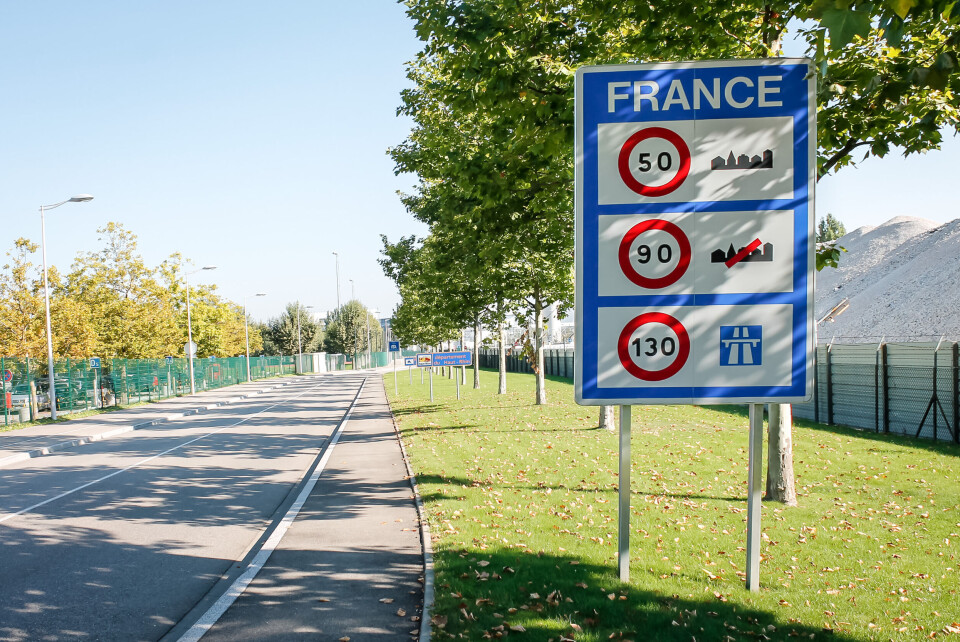-
Plans for new French youth worker contract that makes firing easier criticised
Union compared proposals to controversial ‘CPE’ contract plans that sparked major protests
-
Death after sex on work trip classified as workplace accident under French labour law
Judges said: “To have sexual relations is part of everyday life, like taking a shower or having a meal.”
-
€1.2m Dubai case ruling shows importance of knowing French tax residency rules
Couple ordered to pay backdated taxes to France
‘Work from home’ Covid tax rules kept for French cross-border workers
The practice of counting ‘days worked from home’ during the health crisis as if they were ‘days worked from the office’ will be maintained until the end of 2021

Tax rules introduced during the Covid health crisis will be maintained until the end of 2021 for cross-border workers in France.
This means that the rules will cover the whole calendar year to be declared on income tax declarations in 2022.
All people who live in France but work in another country must declare their income to the French tax authorities.
However, agreements in place between border-sharing countries prevent income being taxed in both places, based on the number of days worked in each country each year.
Covid health and travel restrictions threatened to complicate declarations for workers.
But rules now in place until the end of the year mean that ‘days worked at home’ due to the health crisis can be counted as ‘days worked in the country where the professional activity usually takes place’.
These rules apply for cross-border workers who work in Germany, Belgium, Italy, Luxembourg or Switzerland, but live in France and return home at least once a week.
Number of cross-border workers in France increasing
A 2015 study from Eurostat found that there were two million cross-border workers in the European Union, with 20% of these in France.
In 2017, a report from France’s Commissariat général à l’égalité des territoires found that 438,000 people in France cross country borders to go to work on a daily basis.
Switzerland was the most popular destination for cross-border workers, with 170,300 travelling there from France, followed by Luxembourg, Germany, Belgium, and Monaco.
Significantly fewer people travelled to Spain and Italy for work, as the opportunities available were less well-paid than similar jobs in France, and crossing mountain ranges made frequent border travel more complicated.
A study by EU professional mobility body Empleo from 2010 found that in Nouvelle-Aquitaine, 3,836 people regularly travelled to Spain for work, with 86% of these holding Spanish nationality.
It found that in Alpes-Maritimes, 316 people regularly travelled to Italy for work, and in the former region of Nord-Pas-de-Calais, 300 people regularly travelled to the UK for work.
While the number of cross-border workers coming into France from other countries has remained relatively stable, the number of cross-border workers resident in France has been increasing since the early 2000s.
A study by national statistics bureau Insee found that in Auvergne-Rhône-Alpes, numbers more than doubled between 1999 and 2016. This equated to an additional 63,000 cross-border workers travelling to French-speaking Switzerland, where salaries are among the highest in the world.
Typically, cross-border workers in the region are young, with 45% aged between 25-39 (compared to 35% for the regional average), and highly qualified, with 53% having been to university (versus 41% on average).
However, lower-paid workers from Auvergne-Rhône-Alpes also make up 28% of the workforce around Geneva, working in fields such as manufacturing, construction, health care and customer service.
Related articles
Switzerland obligatory health pass: Rules for travellers from France
Minimum wage in France is rising – what is the average salary now?
























